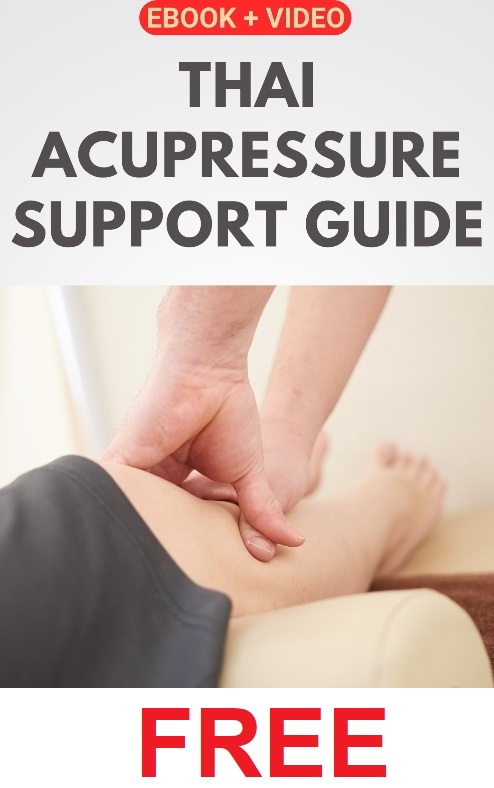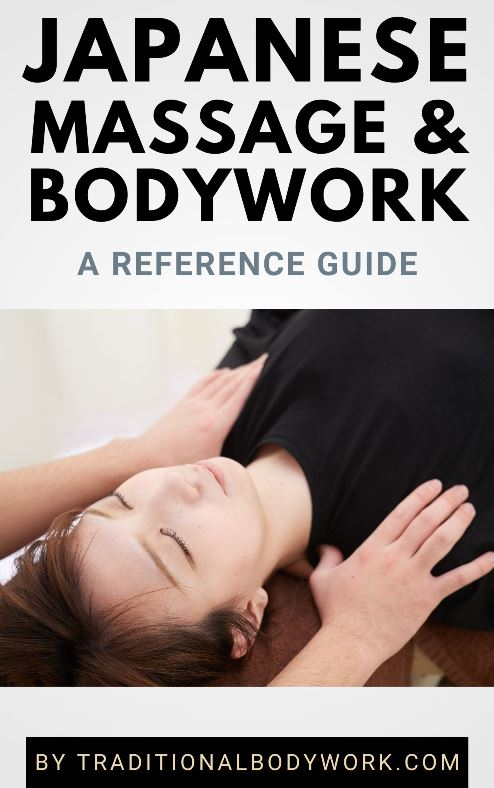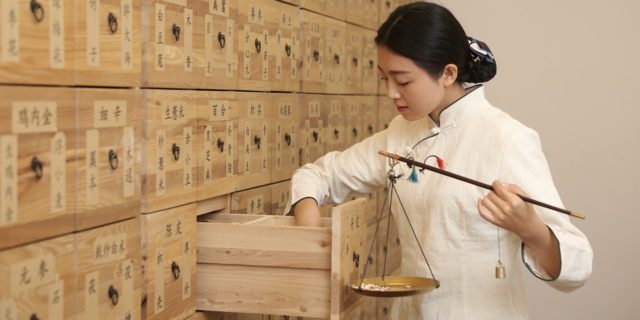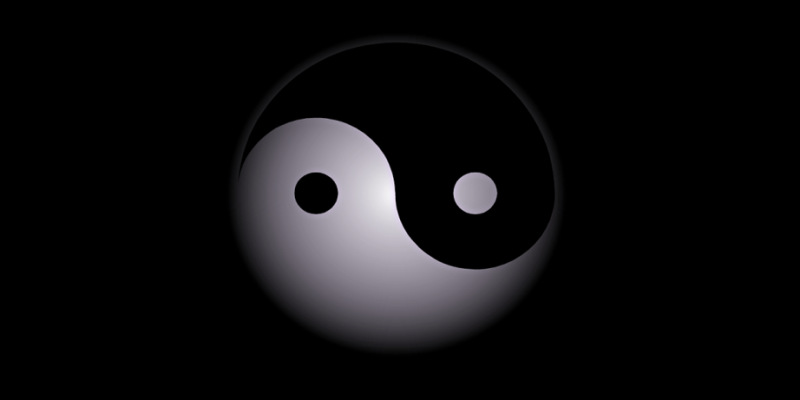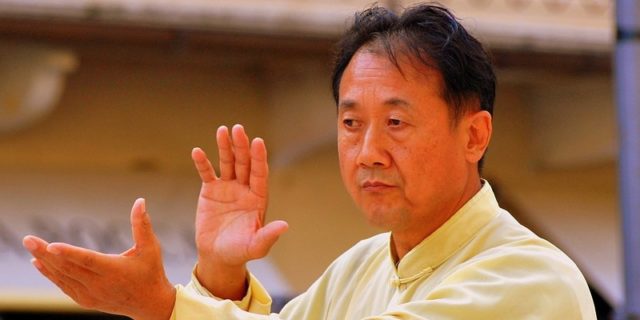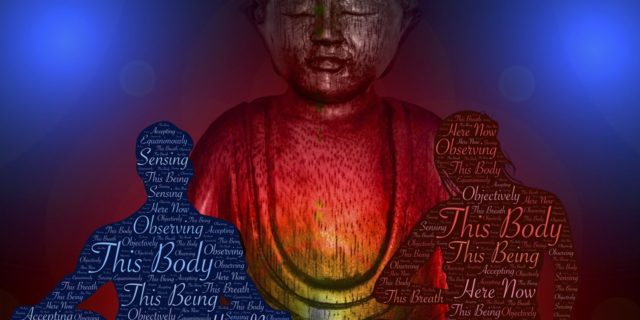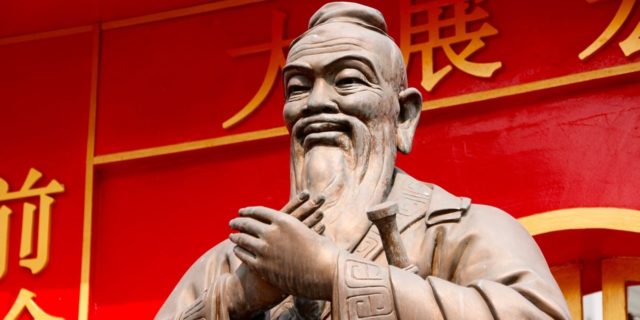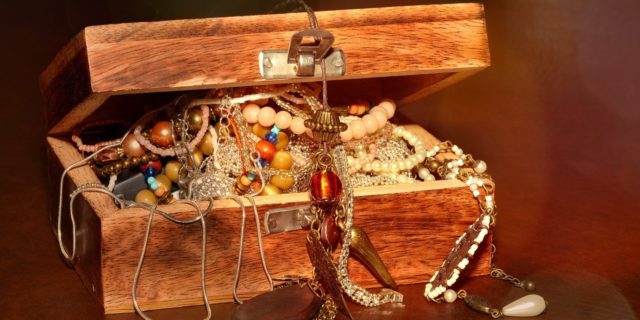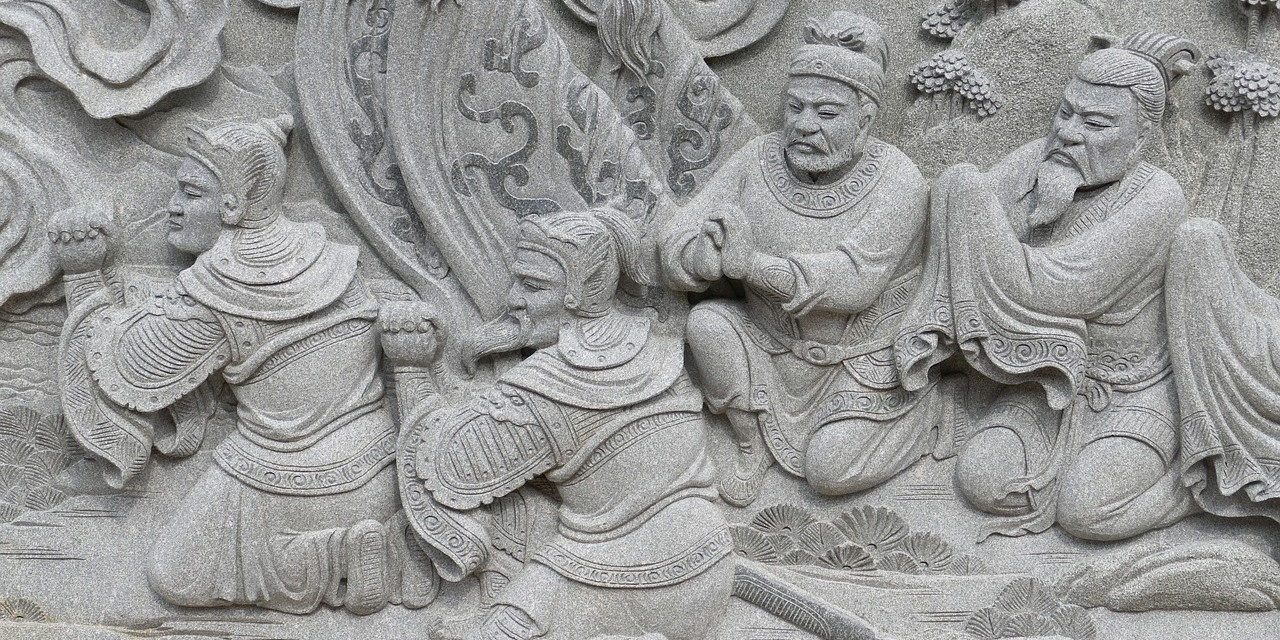
To better understand Traditional Chinese Medicine (TCM) concepts it’s crucial to also understand Taoism. Taoism or Daoism is both a philosophical and religious tradition of China and focuses on living in harmony with the Tao (or Dao), which means “The Way.” Tao is considered the source, pattern and substance of everything that exists, which has its parallel in Qi, the Universal Life Force.
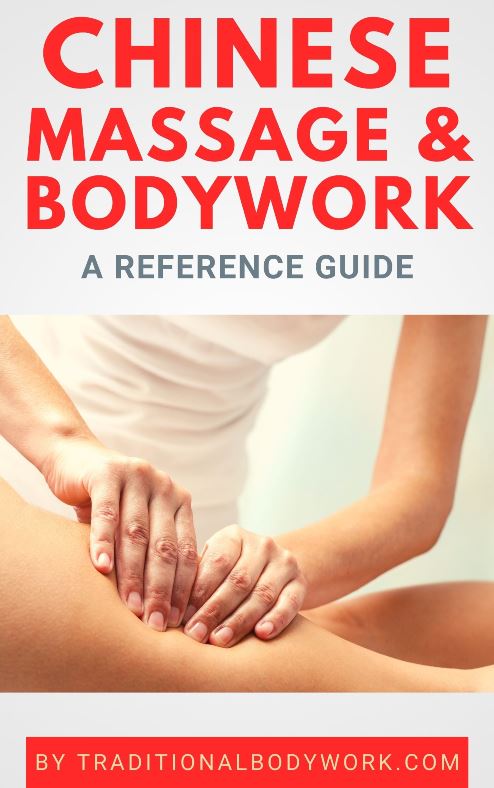
Living the Tao is becoming one with the rhythms of the universe, living by action without intention (Wu Wei) in naturalness, simplicity, spontaneity, compassion, frugality, and humility.
Taoism goes back to the 4th century BC and is heavily influenced by the School of Yin-Yang (the Naturalists) and the “I Ching” texts. The book Dao De Jing (or Tao Te Ching), attributed to the philosopher Lao Tze (Laozi), together with the writings of Zhuangzi are considered the most important work of the Taoist tradition.
Taoism has had a deep influence on Chinese culture. It’s important to realize that Chinese Neidan Inner Alchemy, Chinese Astrology, Zen Buddhism, many Chinese martial arts, Traditional Chinese Medicine, Feng Shui, and Qigong have been blended with Taoism throughout history. Apart from China, Taoism also had influence on surrounding cultures in Asia and today, increasingly intertwines with the Tantra and Neo-Tantra movement.
In Taoist philosophy, the Three Treasures or Three Jewels play an important role. They comprise of the basic virtues of Ci (compassion), Jian (moderation), and Bugan Wei Tianxia Xian (humility). In TCM, the Three Treasures have been translated to Jing, Qi and Shen (Essence, Life Energy, and Spirit) being elements of the Chinese concept of the human body, which shares its cosmological foundation with the Ying Yang concept.

Taoism has always been quite occupied with health, healing and longevity, and Taoists practitioners have traditionally used various exercises and healing techniques to promote this, such as Taoist Meditation, Neidan Inner Alchemy, Tai Chi and Medical Qigong, which are today all considered TCM practices.
Taoism is rather complex in its derived theoretical and practical forms, but what we need to realize is that the concepts of Ying-Yang balance and interaction, and TCM healing practices that use, transform or balance the energies Jing, Qi and Shen are key to Chinese Traditional Medicine.
All TCM treatment modalities, either self-treatments like Qigong, Neidan or Tai Chi, or treatments applied by a therapist, such as Acupuncture, Tuina, or Moxibustion are heavily influenced by Taoist concepts.


